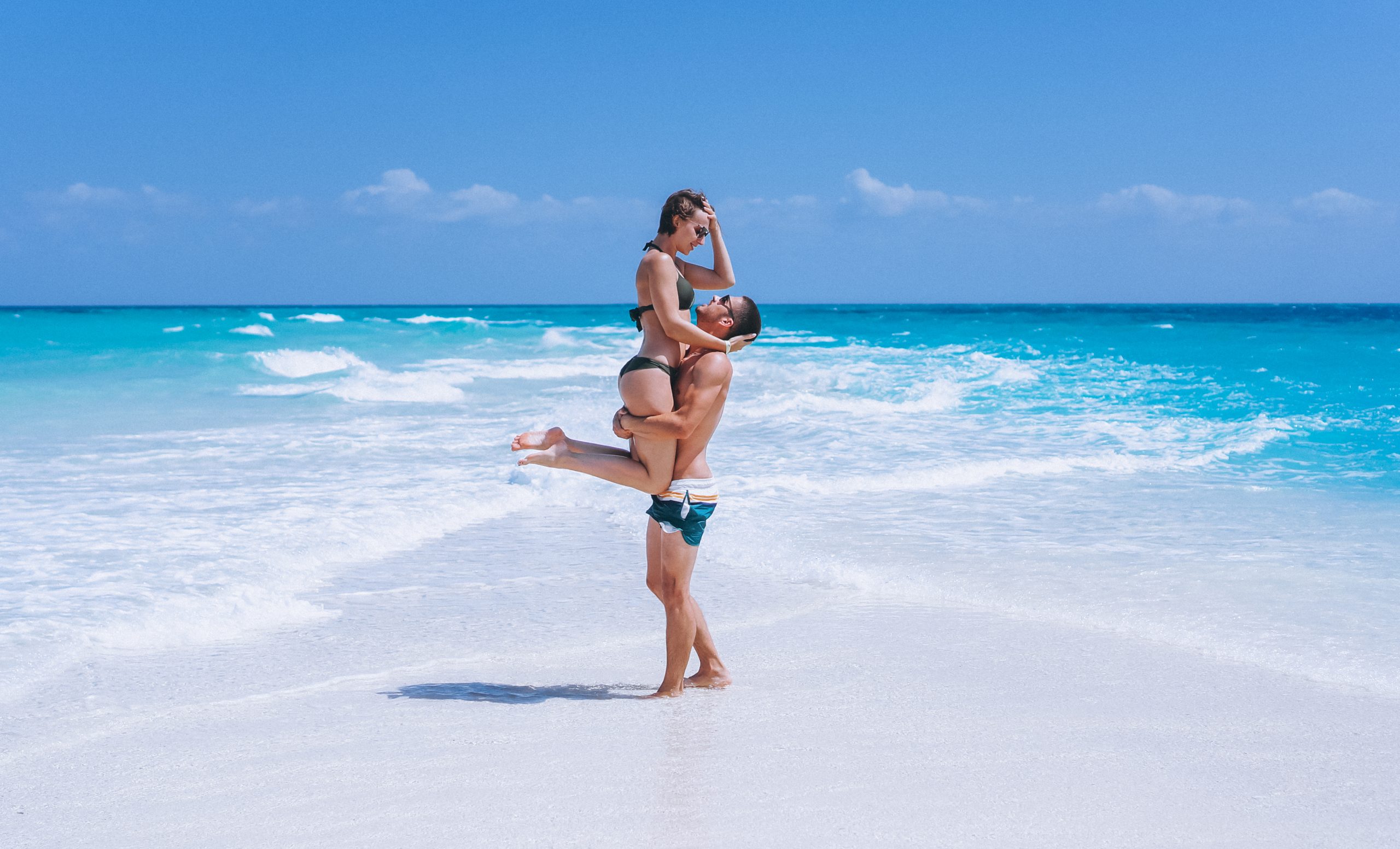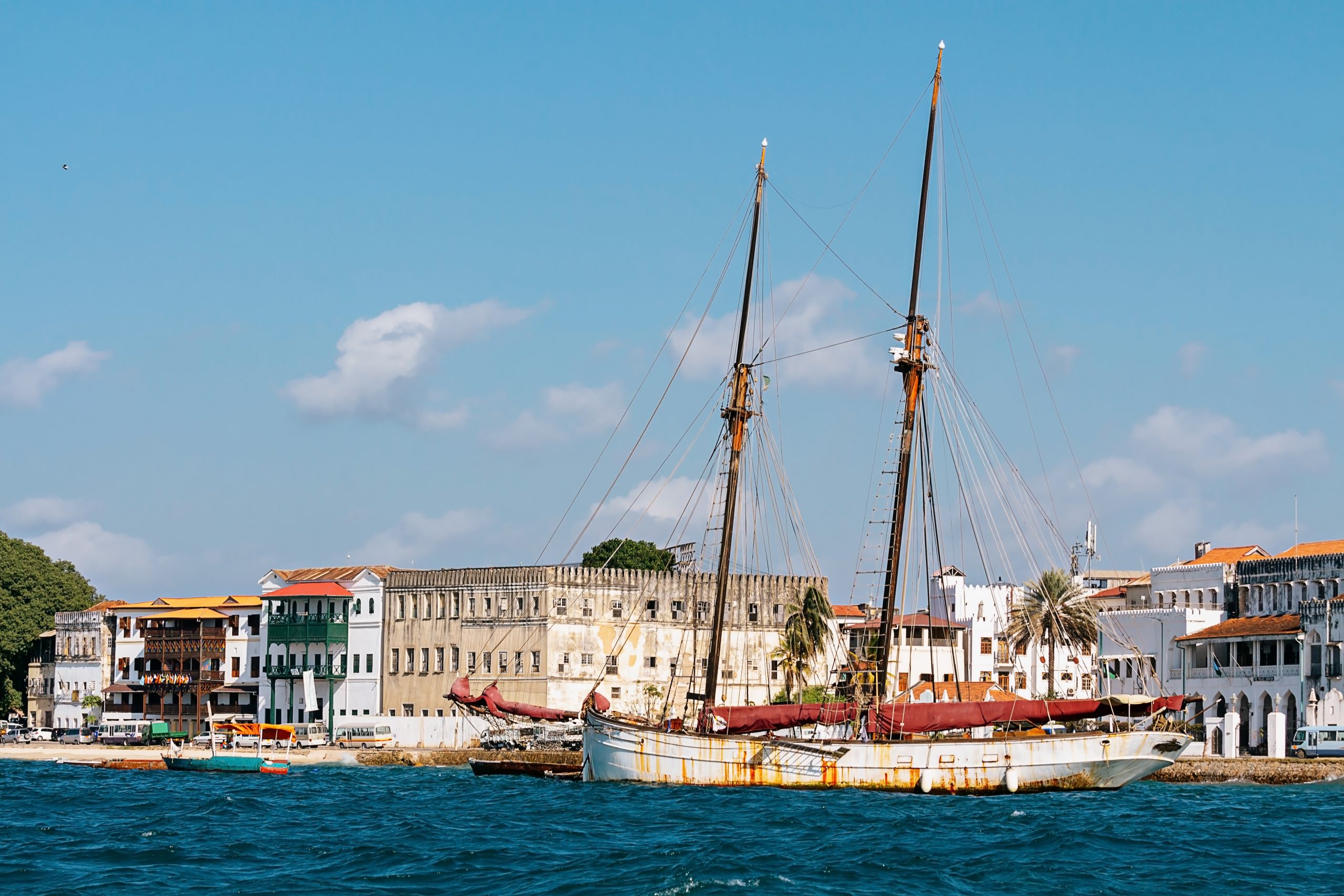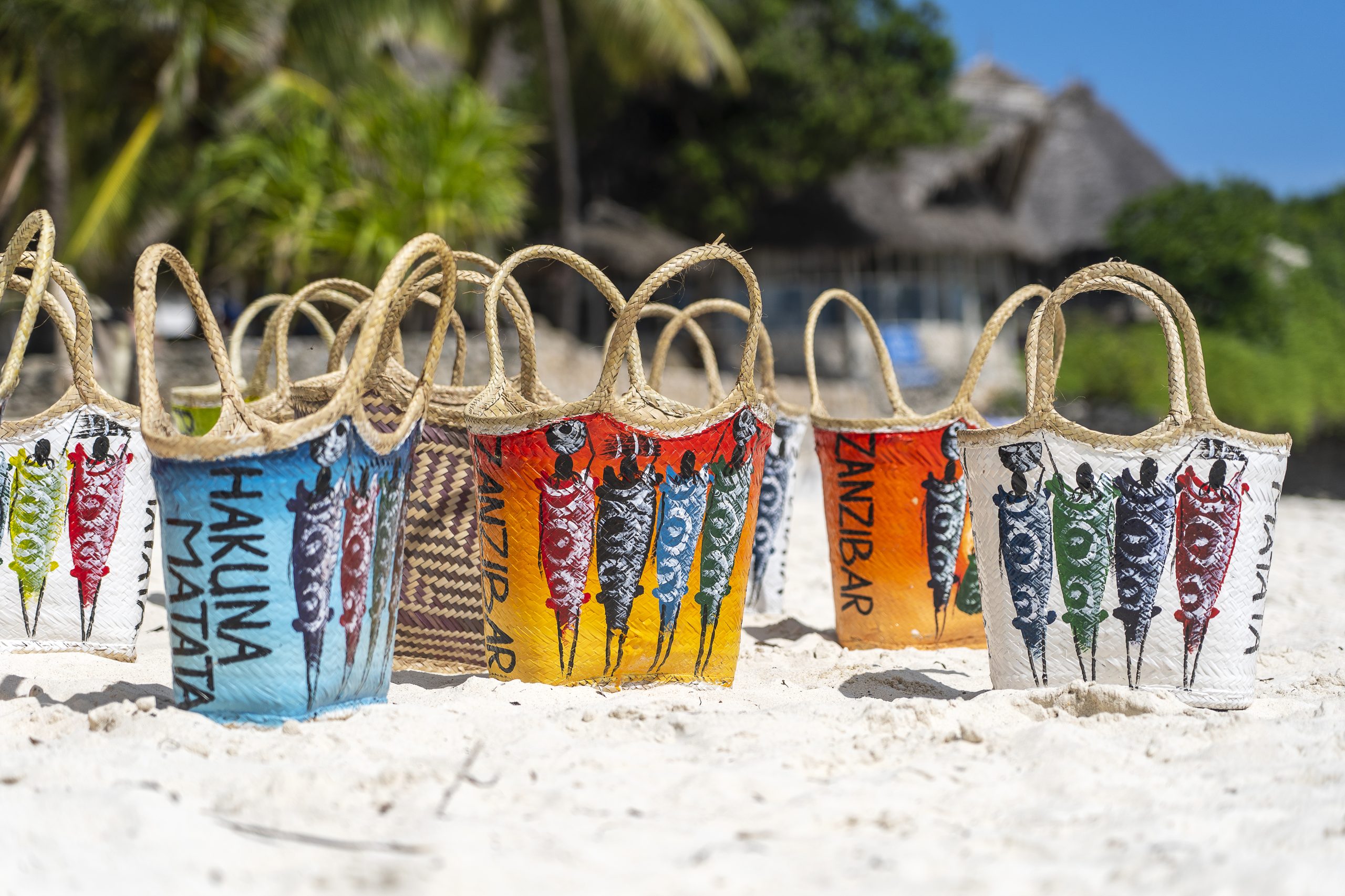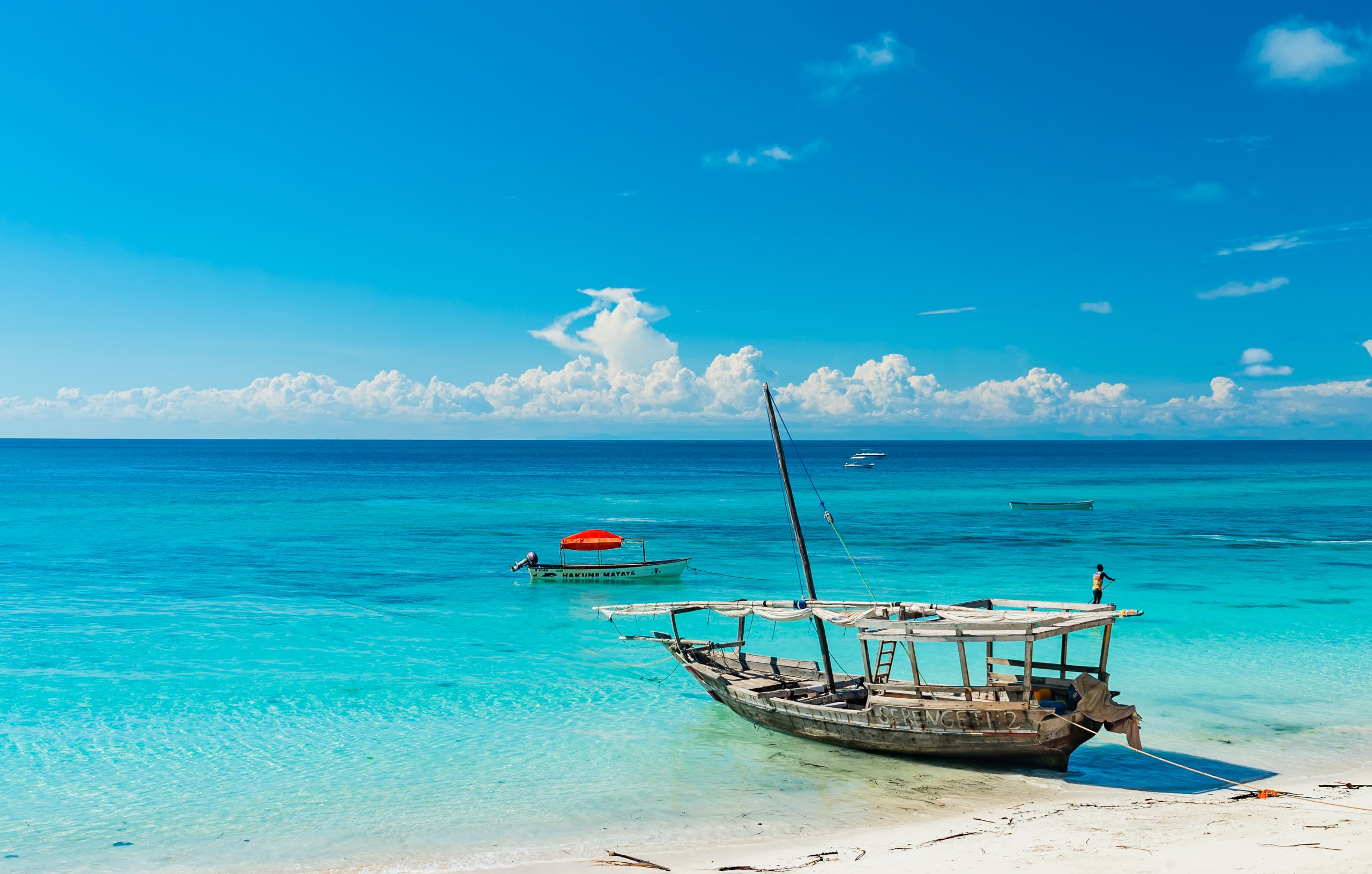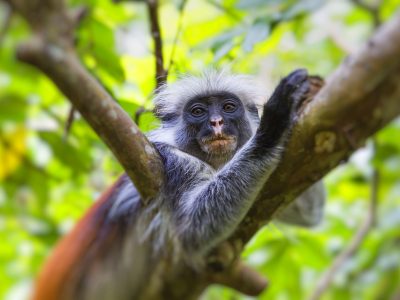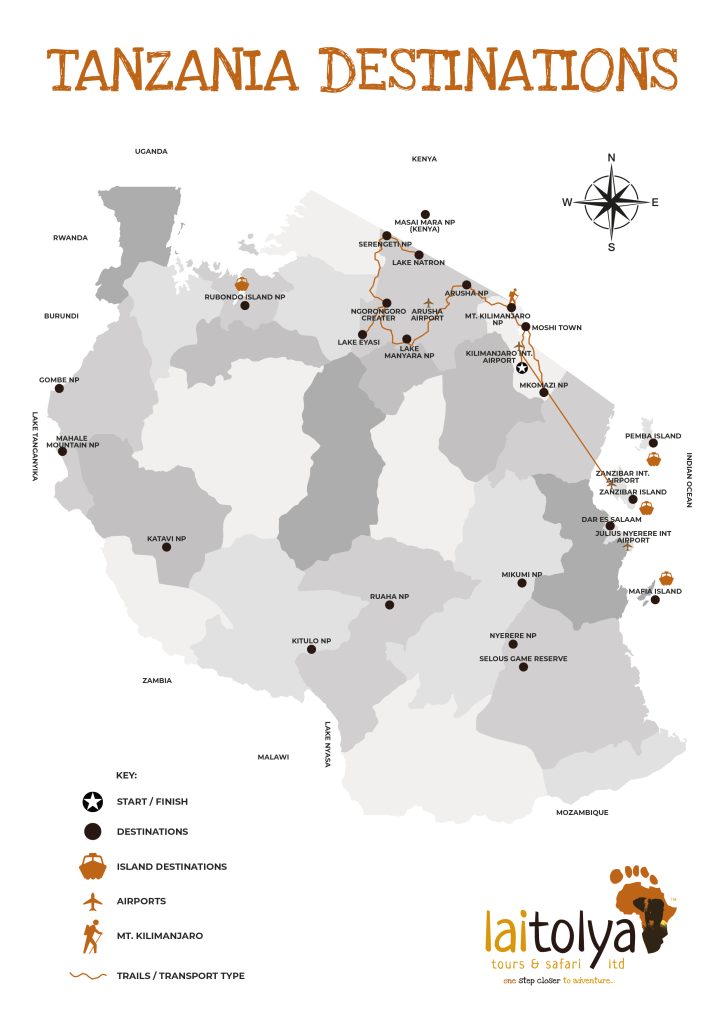Zanzibar
Zanzibar is reputed to have some of the best diving in the world, and the coral reef structures that surround Unguja and Pemba ensure that the marine life is abundant. Good visibility (20 – 60 metres) and a year-round average water temperature of 27°c ensure that you enjoy your Zanzibar diving experience, and also present an ideal opportunity for learning to dive or upgrading your diving qualification.
There are several dive centers on the island and most run courses using the international PADI system of diver education. This way, the certification you gain in Zanzibar can be used anywhere in the world.
Diving in Zanzibar isn’t restricted to beginners. Experienced scuba divers can enjoy exciting wall dives, night dives and drift dives. In deeper waters, lush coral gardens often stretch as far as the eye can see, and large game fish (barracuda, kingfish, tuna and wahoo) hunt together with large Napoleonic wrasse, graceful manta rays and sharks. Shallower waters are the playground of tropical fish, including a huge variety of Indo-Pacific marine fauna.
Whilst most visitors to the Zanzibar archipelago visit Unguja, commonly known as Zanzibar Island, fewer take advantage of the fact that this is an archipelago, with several other islands and numerous islets. Only a few kilometres from Stone Town are several islets such as Chumbe and Chapwani, where good accommodation is available. Bawe and Prison Islands are good for daytrips with excellent snorkeling available. Tumbatu Island, off the north-west coast of Unguja is one of the largest off-shore islands but has no facilities for tourists. Mnemba Island is located near the north-east coast featuring luxury accommodation. Although Mnemba is a private island, it is surrounded by a rich coral reef, which is great for scuba diving and snorkeling and is visited by several watersports centers in the area.

